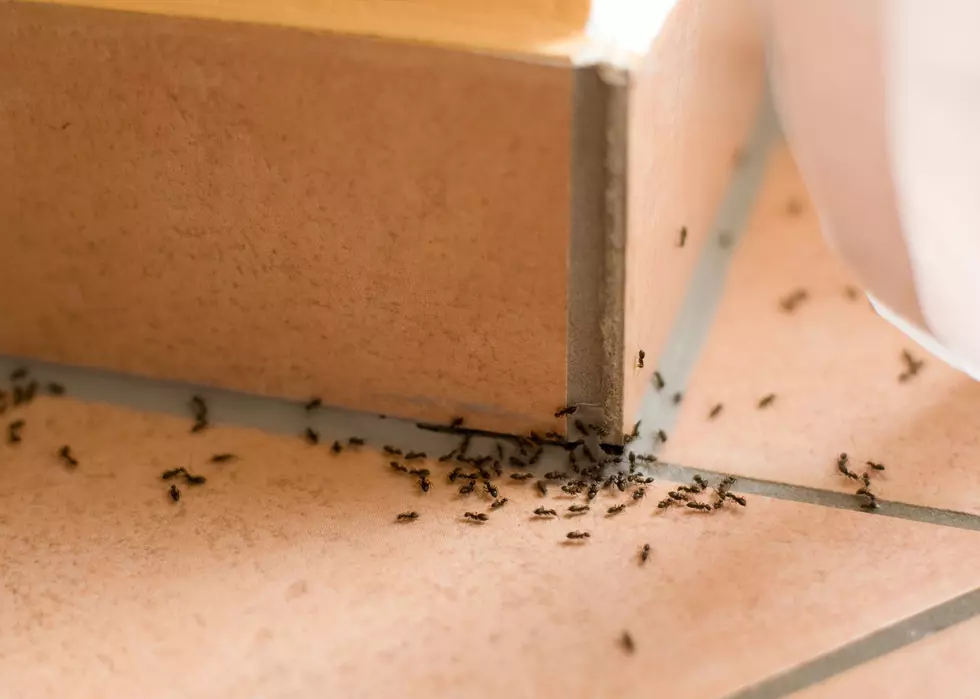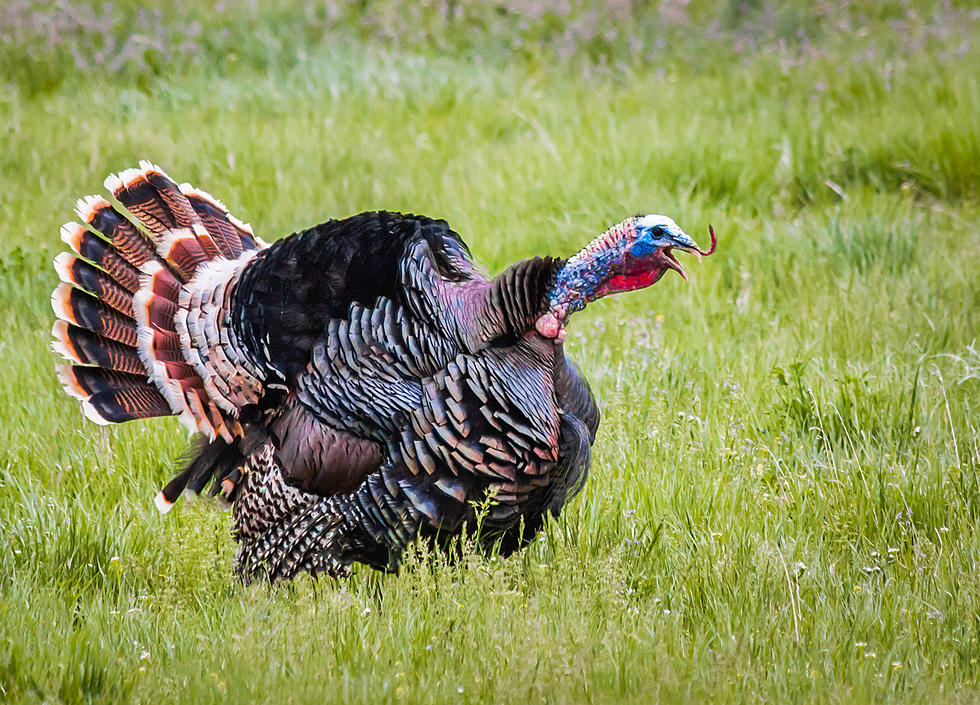
Ants In Your House? Louisiana People Report Massive Problem
About a month ago I noticed a trail of ants coming into my shower. Though it's not something I haven't seen before, it has been a while, and this looked like an abnormal amount of these ants.

And they aren't the dreaded stinging fire ants that usually take over the lawns and pastures of Louisiana. No, these are Argentine ants or what we have always referred to as "sugar ants."
My wife called our pest control guy and he was out promptly spraying pesticide for these little boogers. I was home when he arrived and he told me that "Mama wasn't happy so I probably needed to get out of the house for a while so he could really give these guys the boot."
Fast forward a couple of weeks and as I was doing a little work on my computer, I noticed these little guys were now on my desk. That's the moment that caused me pause.
Why Are These Ants So Bad This Year?
I've always been told that these ants were attracted to food sources, but my wife keeps our house immaculately clean. And to the best of my recollection I haven't had food at my desk in years and I'm pretty sure I've never eaten in the shower, so what gives?
That's when I noticed I wasn't alone. Literally dozens of my friends here in North Louisiana were complaining about the ant issues in their homes on social media. It's almost like it's some kind of ant plague.
It's Actually Not A New Problem And Pesticides Really Don't Help
Apparently, it's all about the weather. In a report from Stanford University, Deborah M. Gordon, associate professor of biological sciences, who was lead author of the study released in 2001, explains it all.
Gordon said, "Our goal was to determine if there really is an association between ant invasions and weather and if so, does pesticide use affect the intensity of infestation."
In the release of their findings, she wrote;
"Our study shows that Argentine ant behavior is clearly tied to the weather," says Gordon, noting that ants probably invade kitchens and dining rooms to escape searing heat or excessive dampness -- and there is little we can do to stop them.
"The most reliable cause of a decline in infestation may be a change in the weather. They come in because of the weather, and they go out because of the weather."
Unless I've misinterpreted what she wrote, there's really nothing we can do about the ant problem. That one's in Mother Nature's hands.
And to lend credibility to her findings, here we are in the midst of one of the longest droughts we've seen since 2011, and a lot of us are dealing with ants. Guess she nailed it.
What Can We Do To Slow The Ant Invasion Down Until We Get Rain?
Healthline.com featured a number of great tips on the issue:
Keep food tightly sealed in containers or plastic bags. Wash all plates and cooking utensils immediately after eating.
Clean up crumbs from your home every day using a broom or vacuum. Places that may accumulate crumbs include:
- under and around standing appliances in your kitchen
- in couch cushions
- in garbage pails
- areas of the home where your family eats or prepares food
Pet food can also attract ants. Remove pet bowls as soon as your pet has finished eating. Clean the bowls immediately to eliminate the scent of the food.
Among several other repellants, healthline.com mentioned a cheap idea that caught my attention.
Use White Vinegar
White vinegar, available at all grocery stores, is a cheap and effective way to kill and repel ants. It is also a natural cleaning agent.
Try using a 1-to-1 vinegar/water mixture to clean hard surfaces, including floors and countertops, wherever ants are likely to travel. If you see ants, spray the mixture on them or wipe them up with a paper towel.
Ants can smell the vinegar after it dries, but the scent doesn’t remain long for most people.
Course, looks like the best remedy is a good, old fashioned, three day, slow, soaking rain, so maybe we all need to a rain dance. I will if you will.
What States Have the Worst Roads
20 Of Louisiana's Most Favorite 'It's So Hot' Jokes
More From KISS Country 93.7




![Man Removes Massive Beehive Barehanded ‘I Hope They’re Not Gonna be Mad’ [Video]](http://townsquare.media/site/33/files/2022/02/attachment-Man-Removes-Massive-Bee-Hive.jpg?w=980&q=75)



![Simple Ways to Protect Your Home From Termites [Video]](http://townsquare.media/site/33/files/2021/05/NOLA.com-Via-YouTube.jpg?w=980&q=75)
